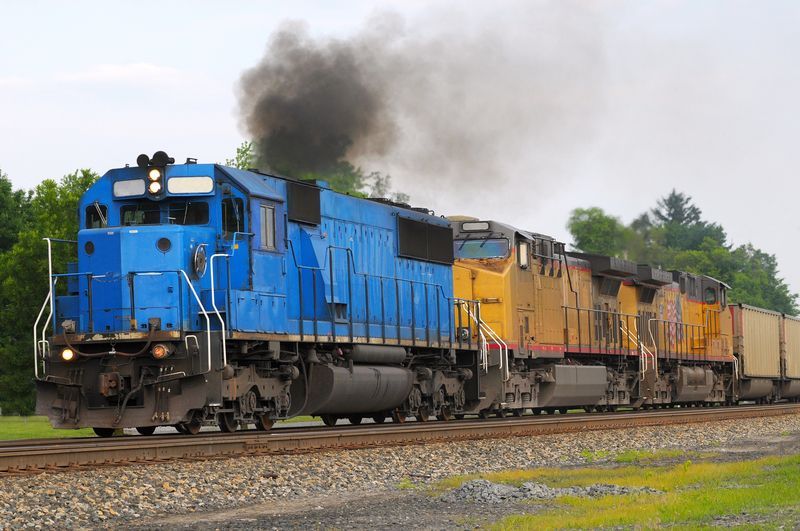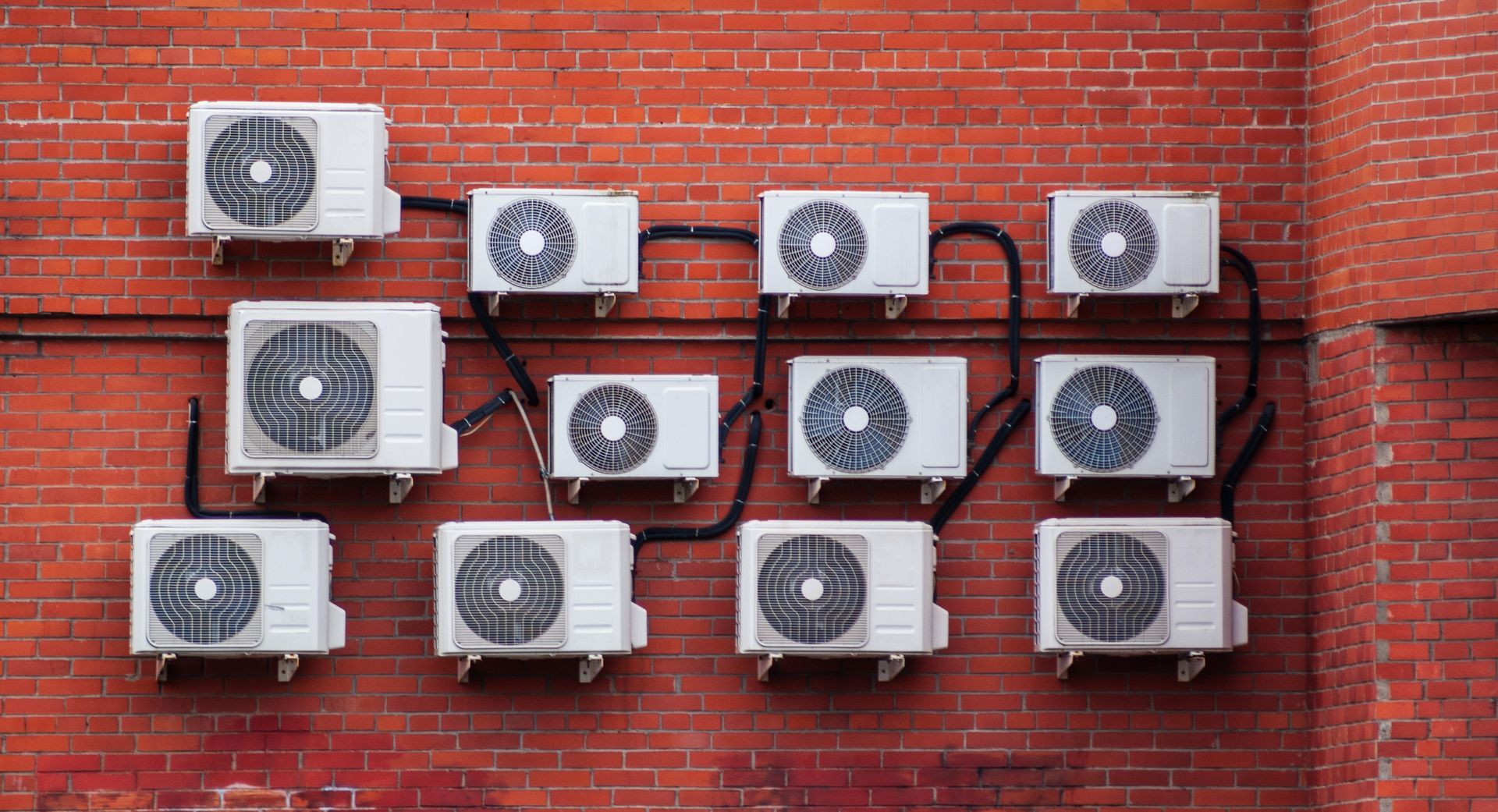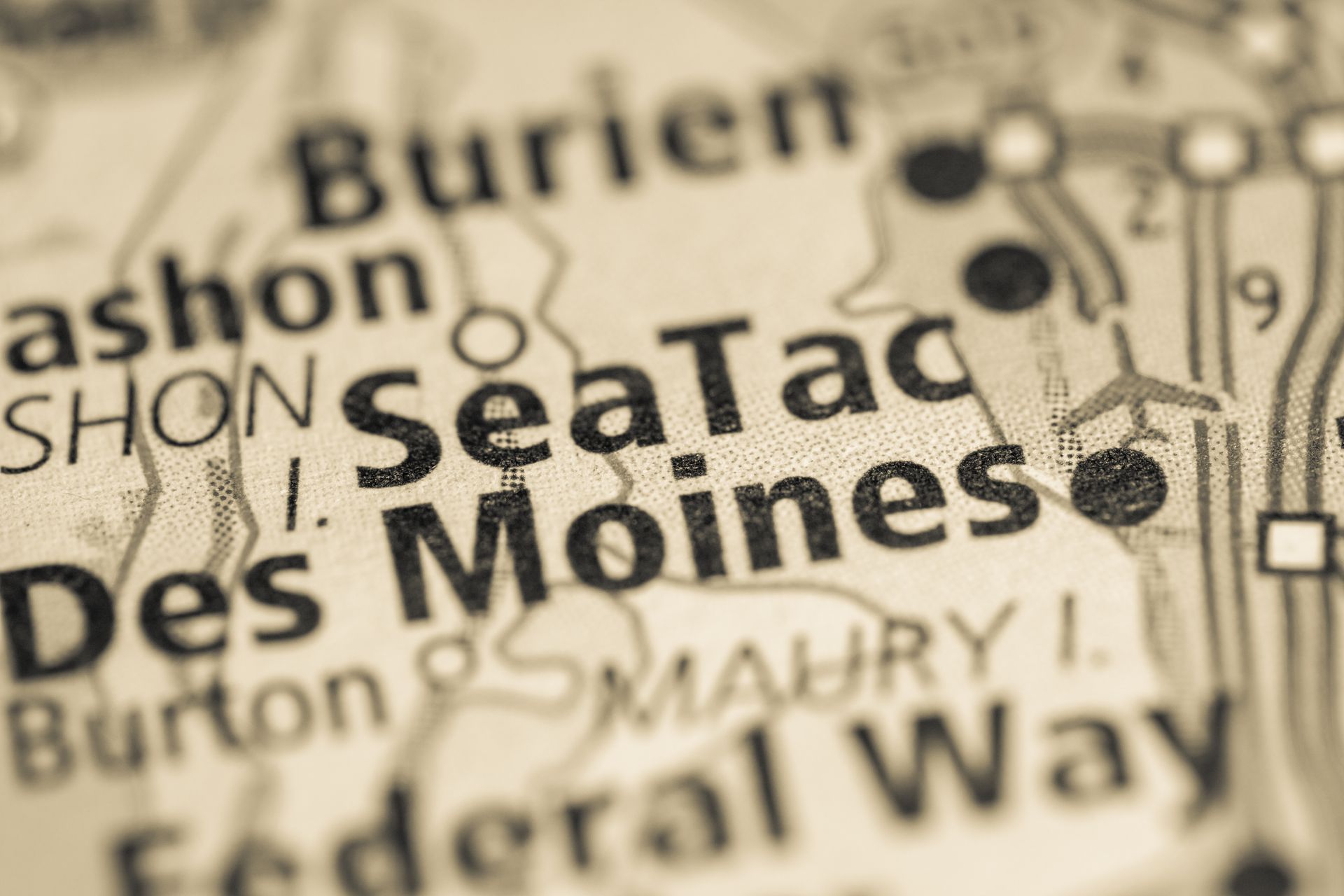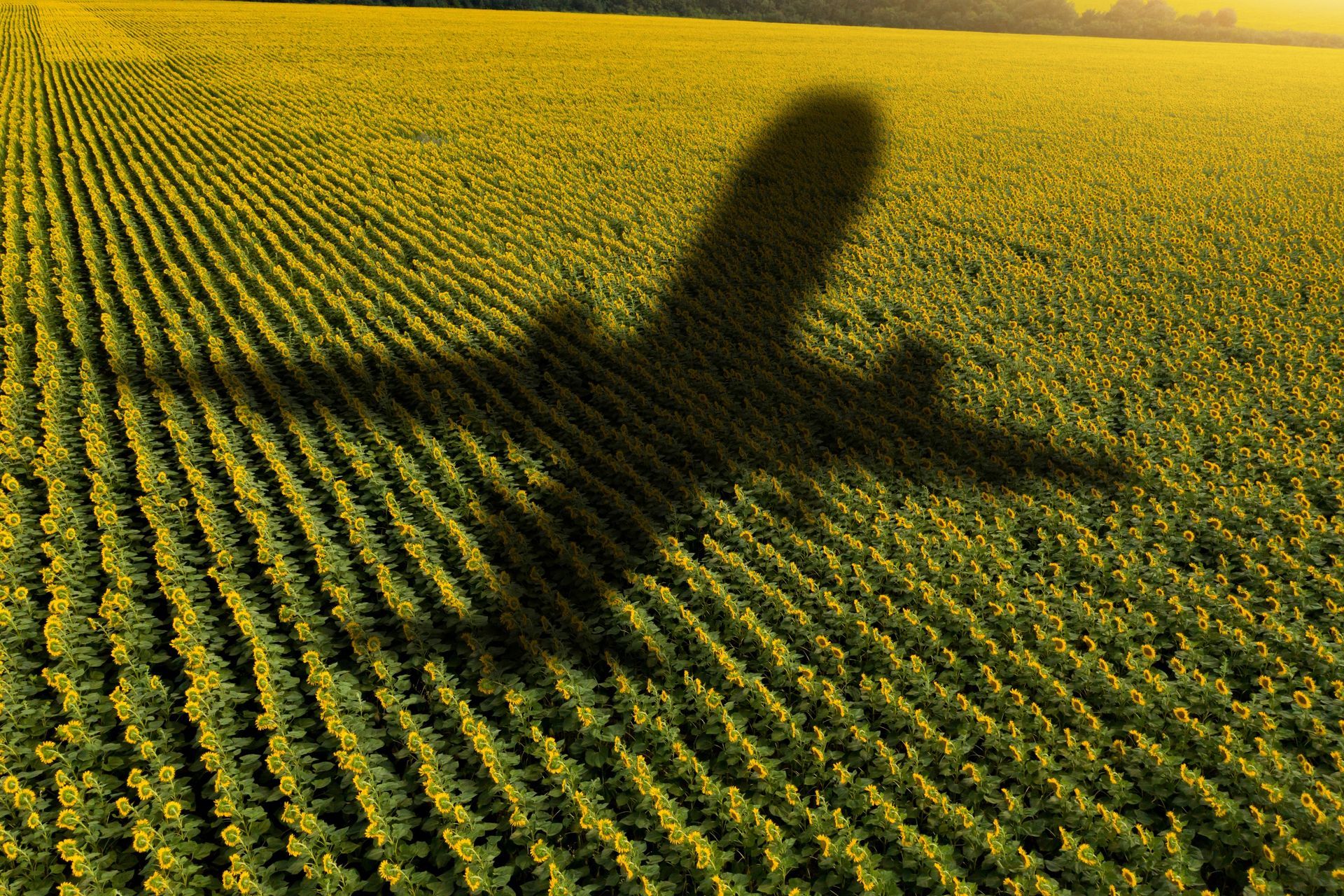There's Money In Those Fryers, Thanks To New Clean Fuel Standard
Used Oil, Lard From Restaurants Get New Life As Clean Fuels
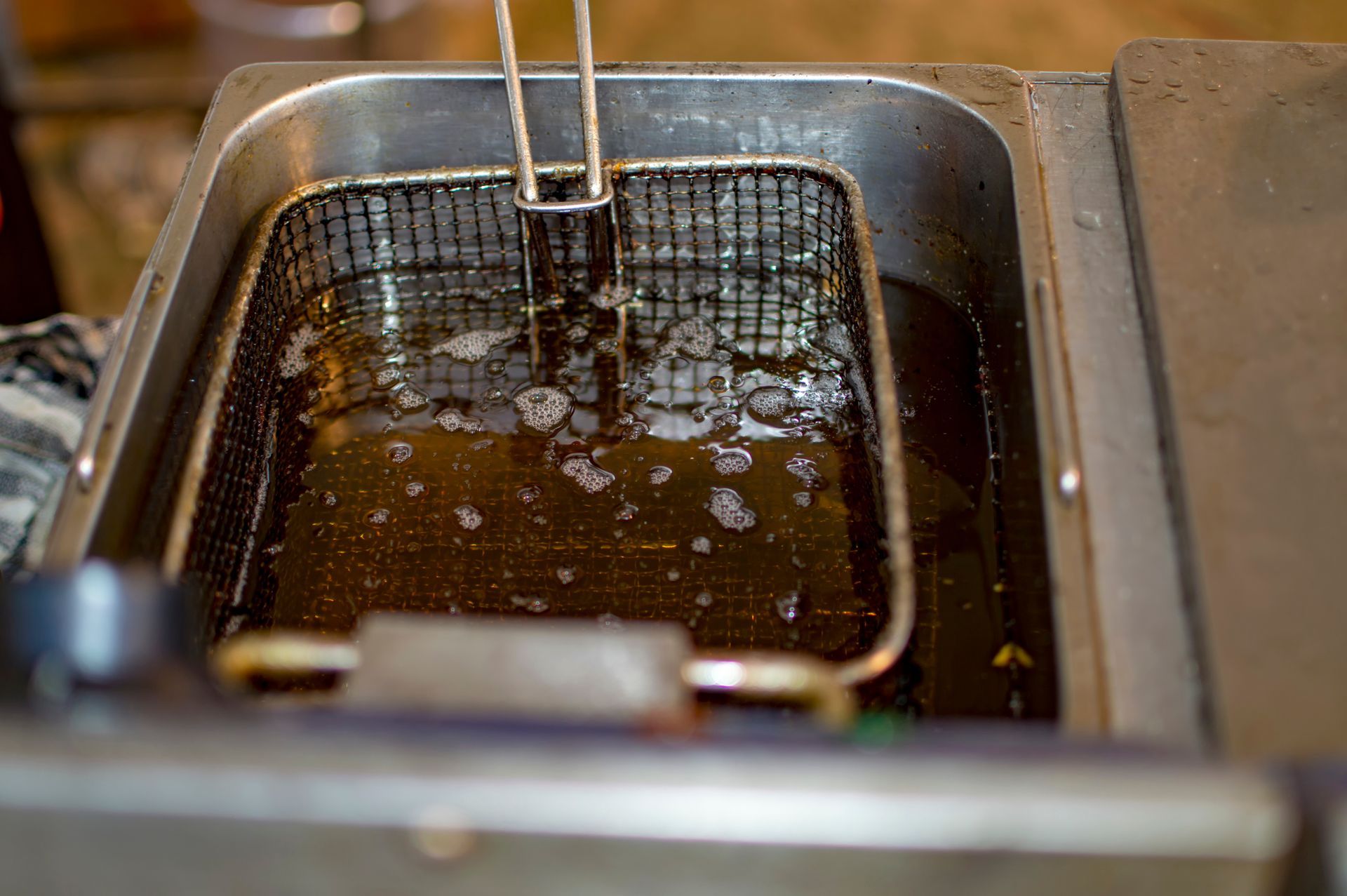
Hold on to your fryers, greasy spoons and other food establishments in Washington. There’s gold in them thar vats.
It’s no secret that running a restaurant is brutal, especially after a few years of COVID lockdown. But, even in a normal economy, six in 10 go under in the first year. Eight in 10 have usually failed within five years.
But what used to be waste has gotten a lot more valuable these days, thanks to the state’s Clean Fuel Standard, which is charged with getting more renewable fuels into Washington’s transportation fuel mix.
That unsightly leftover oil and lard that once went to landfills to decompose are expected to keep the state’s dining establishments thriving for years to come.
Out Of Dump, Into Gas Pump: Grease Likely To Make Restaurants Bucks
Leftover lard and oil can be made into biodiesel, among other eco-friendly and sustainable fuels, that reduces toxic air pollution by up to 80 percent compared to gasoline and petroleum-based diesel, at prices competitive or below gas prices.
Even before the state’s clean fuel law went into effect, thefts of restaurant waste were on the rise nationally in 2022, thanks to increasing demand created by clean fuel standards already in place in California and Oregon.
The Union of Concerned Scientists estimates that Washington has enough of these resources to produce 20 million gallons a year.
Thriving Eateries Means More $$$ For Everyone
That translates into extra money and improved financial security for the state’s restaurant industry, which employs roughly 290,000 — nine percent of jobs statewide, according to the National Restaurant Association, the industry’s top trade group.
As of 2021, there are 16,576 eating and drinking establishments statewide, including nearly 2,700 in Seattle alone, generating $19.5 billion in revenues, according to the National Restaurant Association.
And these restaurants have a rippling effect on everyone else in the state. Every dollar in additional revenues generates $1.95 for Washington's economy. Every $1 million earned generates nearly 18 additional jobs.
Want to support your favorite restaurant, chef or waiter? Get your car to the gas station and fill up with clean fuels.
Related Stories:

